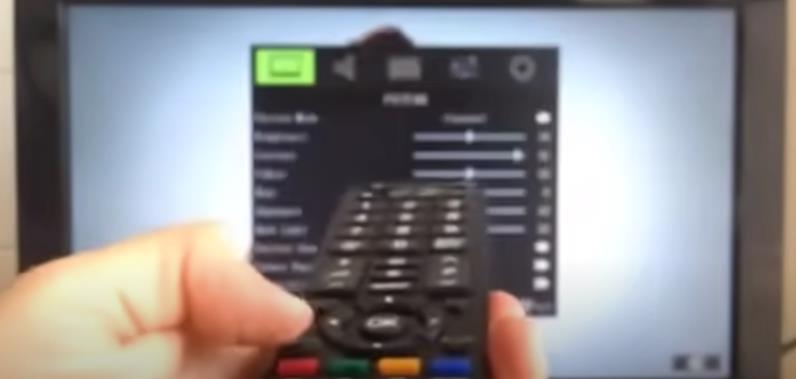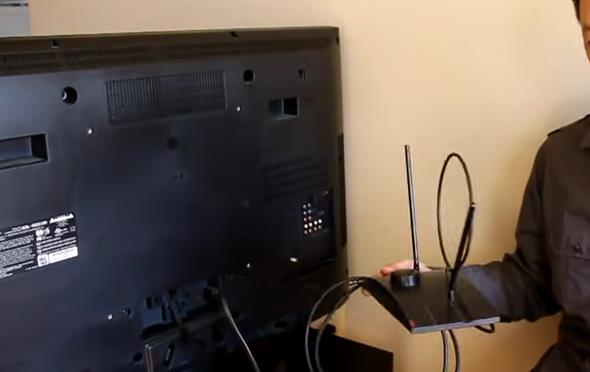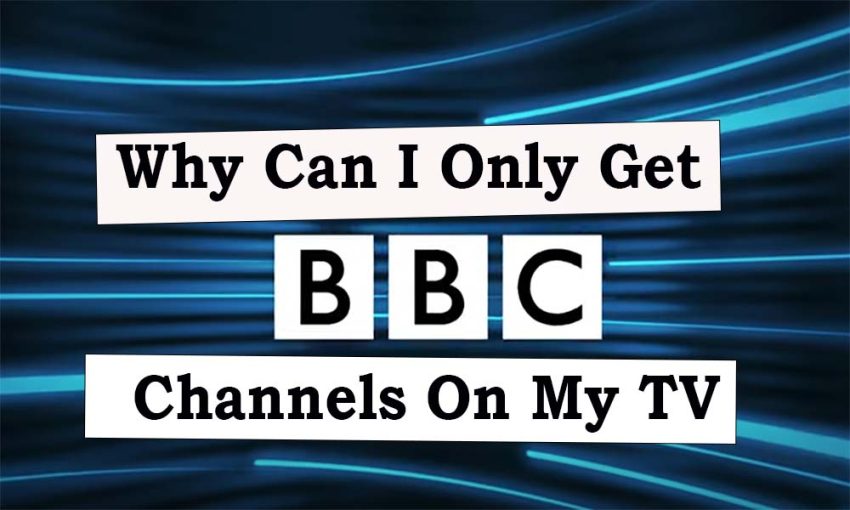Have you ever turned on your TV and only been able to watch BBC channels? It can be unpleasant, especially if you pay for a cable or satellite plan that gives you access to many networks. If you have this problem, then it’s normal to worry; why can I only get BBC channels on my TV?
You can only get BBC stations on your TV for several reasons. It could be a problem with your TV or cable/satellite box, antenna or signal strength, or service provider.
In this blog post, I’ll talk about what this problem could be caused and how to fix it. I’ll go over everything from checking your TV settings to fixing problems with your cable or satellite box, so you can get back to watching your favorite shows and channels in no time.
Why Can I Only Get Bbc Channels On My TV?

Have you ever turned on your TV and found that it only picks up BBC channels? If you want to watch other stations, this might be really annoying.
Here are some reasons why you may only be able to get BBC channels on your TV:
- The most common cause is that your TV only receives Freeview, which has BBC channels.
- Antenna or aerial positioning or signal strength.
- Cable or satellite providers only offer BBC channels in their packages.
- Location, with certain channels not available in your area.
- TV settings are not properly configured to receive all available channels.
- Technical issues with your TV or the broadcasting system.
Moreover, This issue can be caused by various factors, including signal interference, outdated equipment, or even a problem with your TV provider. Now, I’ll guide you through identifying and fixing the problem.
How Can I Fix My Tv To Receive Channels Other Than Just Bbc Channels?

You can try a few different things to get your TV to pick up more than just BBC channels:
1. Check Your TV Signal
The first step should be to verify your TV signal. It will help you determine if the problem is with your TV or your TV provider. If you have an indoor antenna, ensure it’s pointed in the right direction, and no obstacles are blocking the signal. Check for any damage or loose connections if you have an outdoor antenna.
2. Check the Antenna
Your antenna may not be picking up other channels due to its location or the direction it’s facing. Adjust your antenna to different directions to see if it picks up other channels. You can also reposition your antenna to a higher location or invest in a stronger antenna.
3. Update Your Equipment
If your TV signal is fine, the next step is to update your equipment. Make sure your TV is compatible with the channels you want to watch. If you’re using an older TV, it may not be able to receive certain channels. Consider upgrading to a newer model compatible with the channels you want to watch.
4. Check your TV’s settings
Another reason why your TV may only be picking up BBC channels is because of its settings. Check your TV’s menu settings to ensure that it is set to pick up all available channels. If your TV is set only to pick up digital channels, it may not pick up any analog channels, which could be why you’re only getting BBC channels.
5. Check your TV’s tuner
Your TV’s tuner may also be why you’re only picking up BBC channels. Some tuners are designed only to pick up certain channels, such as digital or analog channels. If your TV’s tuner is designed only to pick up digital channels, it may not be able to pick up analog channels, which could be why you’re only getting BBC channels.
6. Reset Your TV
If all else fails, reset your TV. This will eliminate any choices or programs that might be causing trouble. To reset your TV, just unplug it for a few minutes, then plug it back in and turn it on.
7. Check for interference
Interference from other electronic devices can also be why your TV only picks up BBC channels. Try turning off other devices close to your TV, such as microwaves or radios. You can also move your TV away from other electronic devices to reduce interference.
8. Contact your service provider
If you’ve tried all the above steps and still can’t pick up any other channels, it may be time to contact your service provider. They can provide you with a list of available channels in your area or send a technician to your home to help resolve the issue.
9. Call a Professional
If the problem persists, it may be time to call a professional. A TV repair technician can diagnose and fix any issues with your TV or equipment. They can also help you upgrade your equipment or switch to a different best TV provider.
In conclusion, there are several reasons why your TV may only receive BBC channels and not others. Following these steps, you can identify and fix the problem and enjoy all the channels you want to watch. If you still have issues, don’t hesitate to call a professional for help.
How To Get Local Channels on Samsung TV
FAQ
Yes, weather conditions such as high winds or heavy rain can affect the strength and quality of your TV signal. If you notice a sudden signal loss during bad weather, this could cause your issue.
To improve your TV signal quality, you can try the following:
– Upgrade to a higher-quality aerial or cable
– Reposition your aerial or TV to a different location
– Check for anything that might get in the signal’s way.
– Use a signal booster or amplifier to enhance the strength of the signal
– Use a TV with a built-in digital tuner or set-top box to ensure you receive digital channels.
It depends on your TV setup and the channels you want to receive. If you currently use an indoor aerial or an old antenna, you may need to upgrade to a newer one or consider using a satellite or cable provider. Some channels may require a subscription or additional equipment, such as a set-top box or streaming device.
Wrap Up
In conclusion, there could be a few reasons why I can only get BBC channels on My TV. One of the most common reasons is that your TV only receives a Freeview signal, and BBC channels are available on Freeview.
Another possibility is that you have a satellite dish or cable box that only provides BBC channels as part of its package. It’s also worth checking if your TV is compatible with other digital broadcast standards, such as DVB-T2 or DVB-S2, which might provide access to more channels.
Whatever the reason, it’s always a good idea to double-check your TV’s settings, ensure it’s up-to-date, and check with your service provider for additional information.
Ultimately, with some troubleshooting and investigation, you should be able to enjoy a wider range of channels on your TV.
Read My other latest blog: How To Sleep With A Spider In Your Room?

